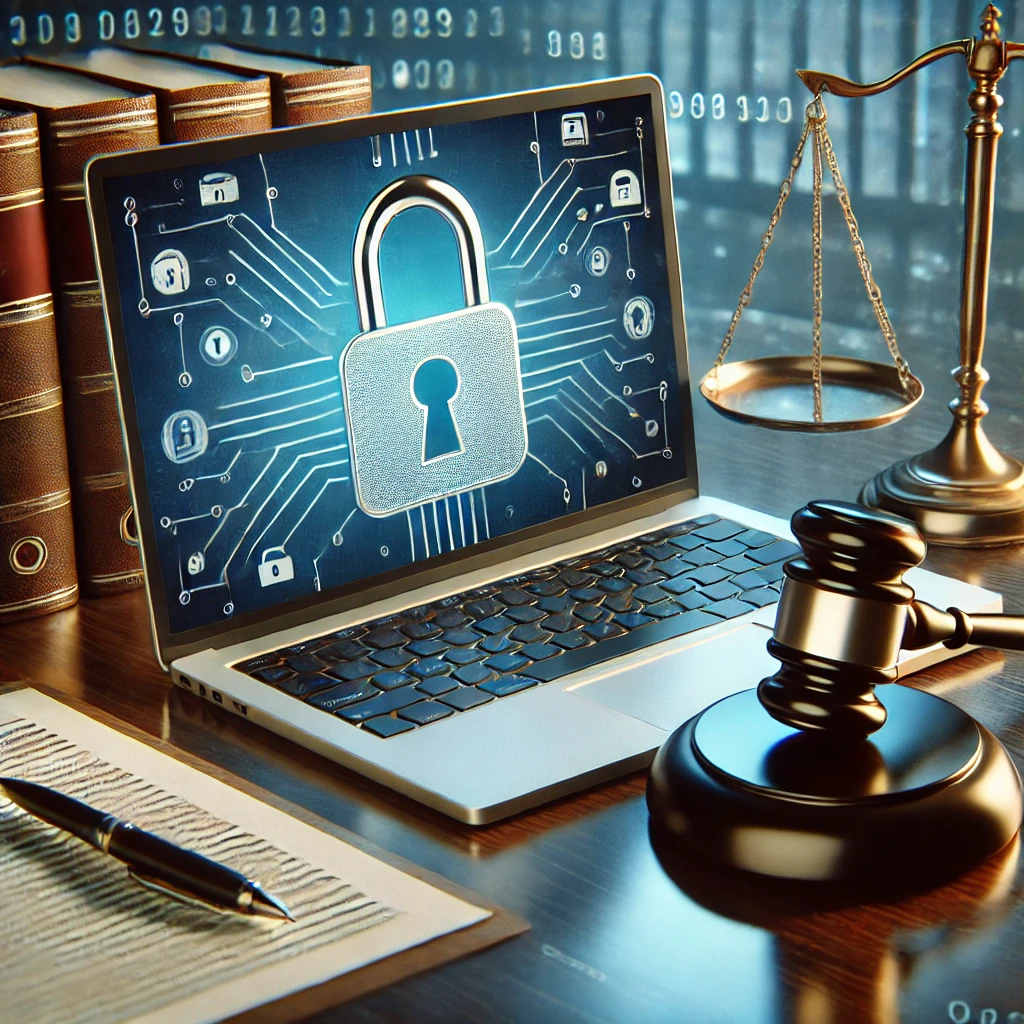
Navigating the Legal Landscape of AI-Generated Content
The Rise of AI and Its Impact on Content Creation
As artificial intelligence (AI) technology continues to evolve, its integration into various sectors—especially content creation—has sparked significant interest and debate. One of the most pressing questions that individuals and businesses are asking is whether they can be sued for using AI-generated content. This concern is not just a theoretical one; it has real-world implications for creators, marketers, and organizations alike. In this blog post, we will delve into the legal nuances surrounding AI-generated content, exploring copyright issues, potential liabilities, and best practices to mitigate risks. Understanding these elements is crucial for anyone looking to leverage AI tools in their content strategy while avoiding legal pitfalls.
Key Takeaways
- Understanding Copyright Ownership
- Potential Liability Issues
- Best Practices for Using AI Content
- Evolving Legal Framework
- Real-World Cases Highlighting Risks
AI-generated content raises questions about who owns the copyright, as traditional copyright law may not clearly apply to non-human creators.
Using AI-generated content without proper attribution or rights could lead to lawsuits, especially if the content infringes on existing copyrights.
Businesses should implement practices such as thorough checking of AI outputs and obtaining necessary licenses to safeguard against legal action.
Legislation around AI-generated content is still developing, meaning laws could change, affecting how we view responsibility and ownership.
Several cases have already emerged where companies faced lawsuits over the use of AI-generated content, underscoring the need for caution.
A Step-by-Step Guide to Safely Use AI-Generated Content
- Step 1: Understand Copyright Laws
- Step 2: Choose the Right AI Tool
- Step 3: Review Generated Content
- Step 4: Document Everything
- Step 5: Obtain Permissions When Necessary
- Step 6: Monitor Legal Developments
- Step 7: Consult a Legal Expert
Begin by familiarizing yourself with existing copyright laws and how they pertain to AI-generated content. Research the current legal landscape in your jurisdiction, as laws may vary significantly.
Select AI tools that offer clear usage rights and licensing agreements. Ensure the tool provides transparency regarding the ownership of the content it generates.
Always review and edit AI-generated content for quality and relevance. This also helps ensure that the content does not unintentionally infringe on existing works.
Keep detailed records of your content creation process, including the AI tools used, the generated content, and any modifications made. This documentation can be vital if legal issues arise.
If your AI-generated content resembles existing copyrighted materials, consider obtaining permission from the original creators to use their works. This step can prevent potential legal disputes.
Stay informed about changes in copyright law regarding AI-generated content. Follow legal blogs, attend relevant seminars, and consult with legal professionals regularly.
Whenever in doubt, consult with a legal expert specializing in intellectual property and technology law. They can provide tailored advice based on your specific situation.
Key Legal Insights and Pitfalls of Using AI-Generated Content
As the usage of AI-generated content becomes more prevalent, understanding the legal implications is paramount. One of the primary legal concerns revolves around copyright ownership. Traditionally, copyright law grants rights to human creators, but AI complicates this scenario. In many jurisdictions, works created by machines may not be eligible for copyright protection, leading to a potential ownership void. This means that without clear legal definitions, the original user of the AI-generated content could find themselves in a gray area concerning ownership and liability. For instance, if an AI-generated piece of content closely resembles an existing copyrighted work, the user could be subject to copyright infringement claims. High-profile cases, such as the lawsuit against an artist for using AI to generate artwork that mimicked another artist’s style, illustrate the risks involved. Courts may look at the input data used by AI systems, assessing whether they included copyrighted materials without permission. Additionally, the concept of derivative works comes into play. If the AI-generated content is deemed a derivative of an original work, the user may need to seek permission from the original content creator. This adds another layer of complexity, as determining what constitutes a derivative work can be subjective and varies by case. Lastly, there is the issue of attribution. While some AI tools may not require you to credit the source, failing to do so could lead to claims of plagiarism or misappropriation. In summary, understanding these legal insights and pitfalls is essential for anyone considering the use of AI-generated content, as the consequences of ignorance can be severe.
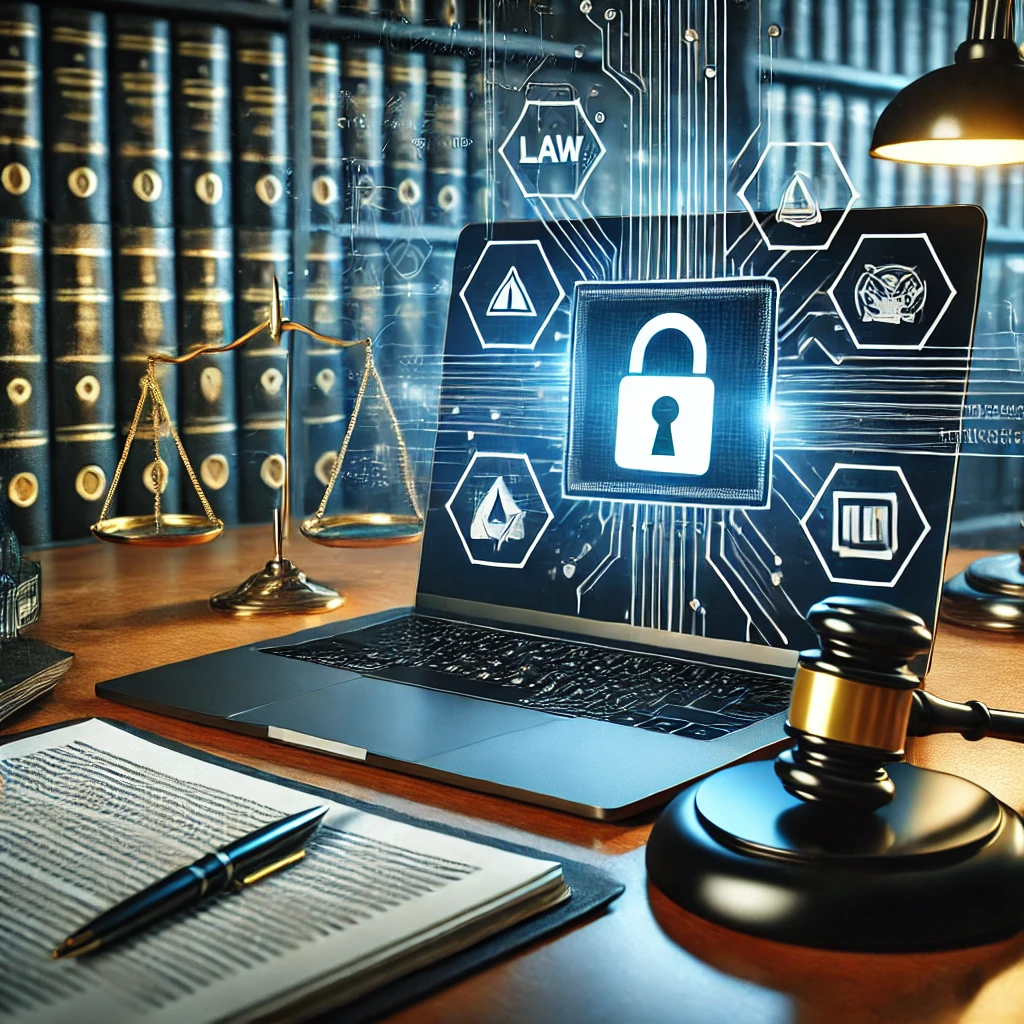
Real-Life Examples of Legal Challenges with AI-Generated Content
- The Getty Images vs. Stability AI Case
- The Creators' Dilemma: AI-Generated Art
In 2023, Getty Images filed a lawsuit against Stability AI, claiming that the AI company used its copyrighted images to train its AI model without permission. This case underscores the potential risks involved in using AI-generated content that may have been influenced by copyrighted materials. The outcome of this case could set a critical precedent for how AI companies manage copyright issues and what rights users have when leveraging AI-generated content.
Another notable case involved several artists suing an AI art generator for producing works that closely resembled their styles without attribution. The artists argued that the AI's outputs were derivative and misappropriated their artistic expressions. This situation highlights the critical importance of proper attribution and obtaining permissions when using AI-generated content, as failing to do so can lead to significant legal repercussions.
FAQs
- Can I copyright AI-generated content?
- What are the risks of using AI-generated content?
- Do I need permission to use AI-generated content?
- Is there any case law regarding AI-generated content?
- How can I protect myself legally when using AI tools?
The ability to copyright AI-generated content is complex and varies by jurisdiction. In the U.S., copyright law requires a human author for protection. Therefore, if the content is solely AI-generated, it may not be eligible for copyright protection. This creates challenges for users who rely on AI tools for content creation, as they might lack ownership rights.
The primary risks include copyright infringement, misattribution, and the possibility of producing derivative works without permission. Users could face legal action if their AI-generated content closely resembles existing works or if they fail to credit original creators. It's essential to conduct thorough due diligence before using AI-generated content to mitigate these risks.
It depends on the source of the AI-generated content and the copyright status of the input materials. If the AI tool uses copyrighted materials for training, you may need permission to use the resulting content, especially if it resembles the original works. Always verify the licensing agreements of the AI tools you use and consider seeking legal advice.
Yes, various cases have begun to emerge concerning AI-generated content, primarily focusing on copyright issues. For instance, the Getty Images vs. Stability AI case is a significant legal battle highlighting the implications of using copyrighted materials without permission. Keeping abreast of ongoing legal developments is crucial for anyone utilizing AI-generated content.
To protect yourself, always review and edit AI-generated content for quality and originality, document your content creation process, and stay informed about copyright laws. Additionally, consult legal experts when in doubt, and ensure that any necessary permissions are obtained before publishing or using AI-generated content in a commercial context.
Additional Resources for Understanding AI and Copyright
For more information on the legal implications of AI-generated content and best practices, consider exploring the following resources: - U.S. Copyright Office: [copyright.gov](https://www.copyright.gov) - American Bar Association - Intellectual Property Law Section: [americanbar.org](https://www.americanbar.org) - Legal analysis and updates on AI legislation from [Lawfare](https://www.lawfareblog.com) - Consult with a specialized legal professional for personalized advice.
Understanding the Legal Landscape is Crucial
As AI continues to shape the future of content creation, understanding the legal landscape surrounding AI-generated content is more important than ever. From copyright ownership to potential liabilities, the implications of using AI tools can be complex and multifaceted. By following best practices, staying informed about legal developments, and consulting with legal professionals, you can navigate this evolving landscape with confidence. Protecting your rights while leveraging the benefits of AI technology will ensure that your content strategy remains both innovative and legally sound.
Take the Next Step Towards Legal Clarity
If you have further questions or need guidance on using AI-generated content legally, don't hesitate to contact Lex Harper. Schedule a consultation today to ensure your content creation process is secure and compliant with the latest legal standards. Visit [lexharper.com](https://lexharper.com) for more information and resources.


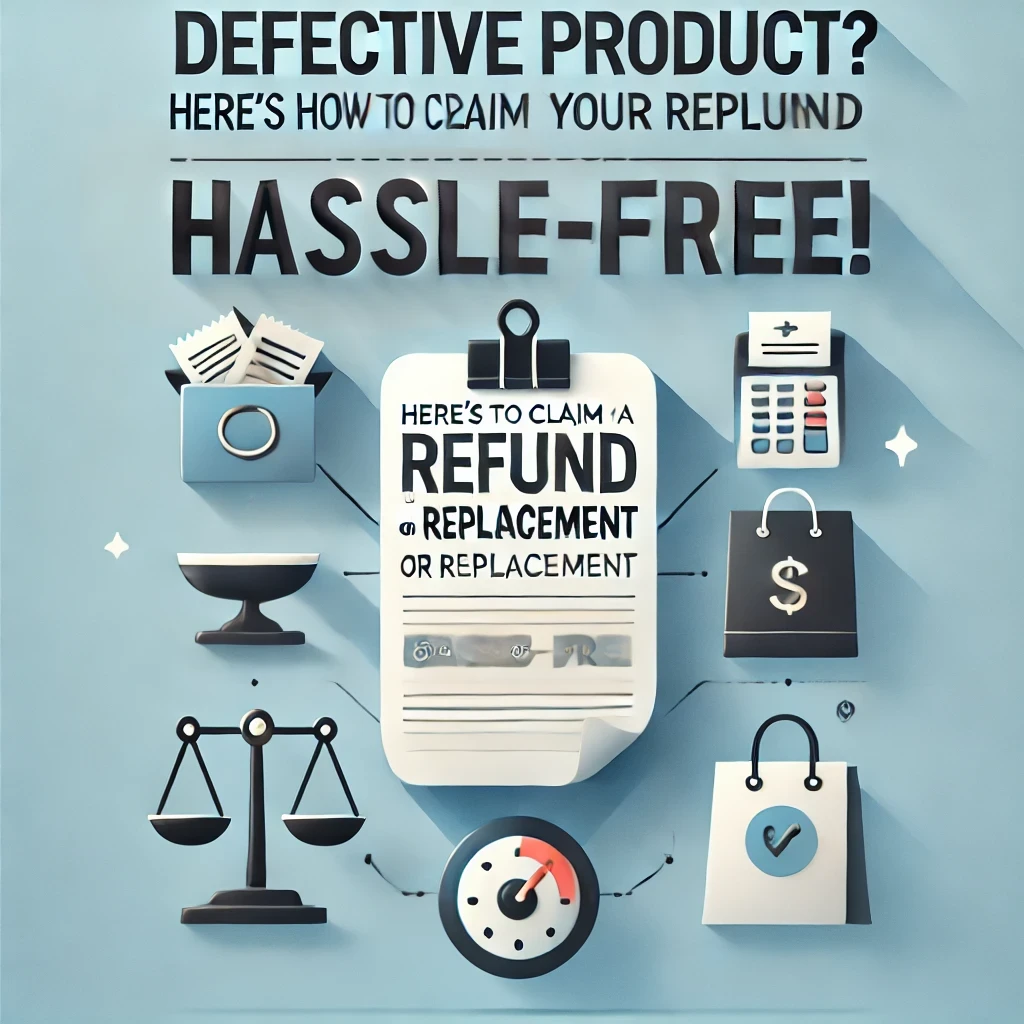
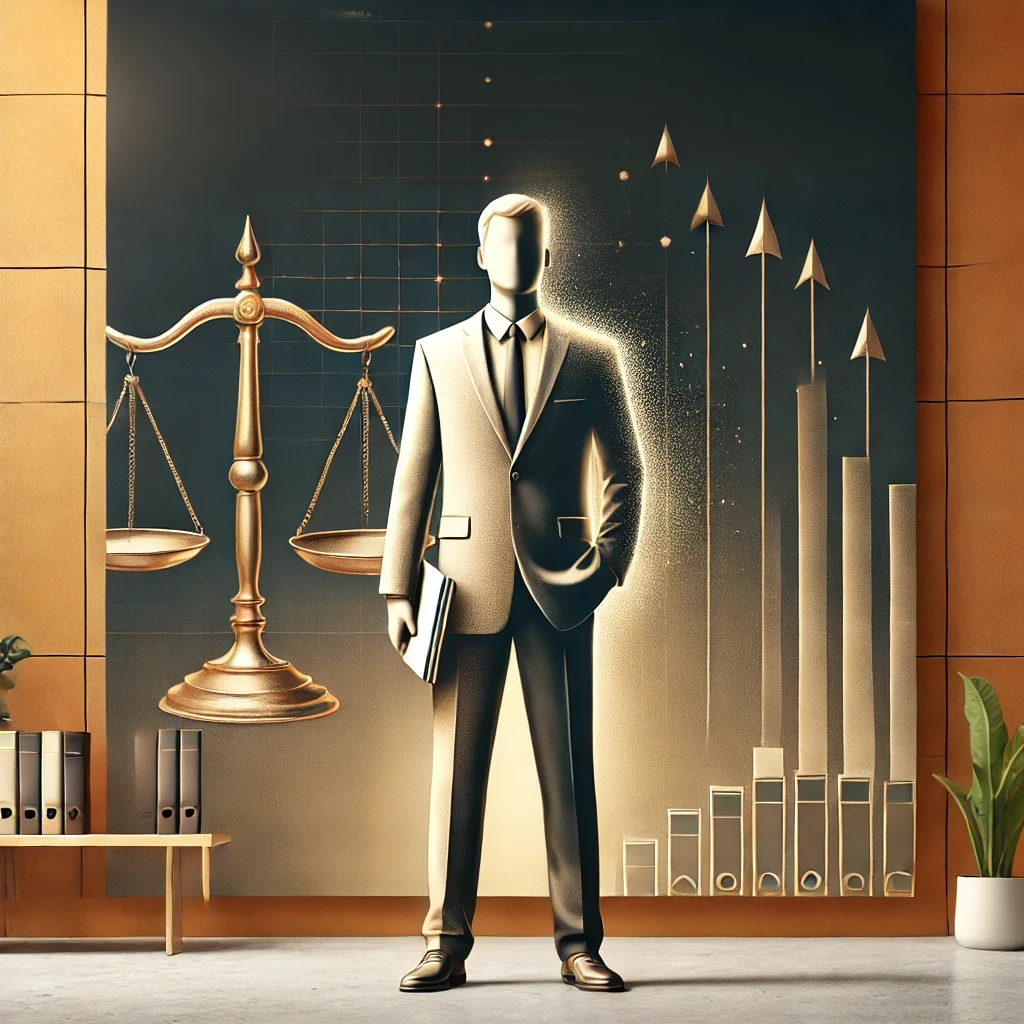
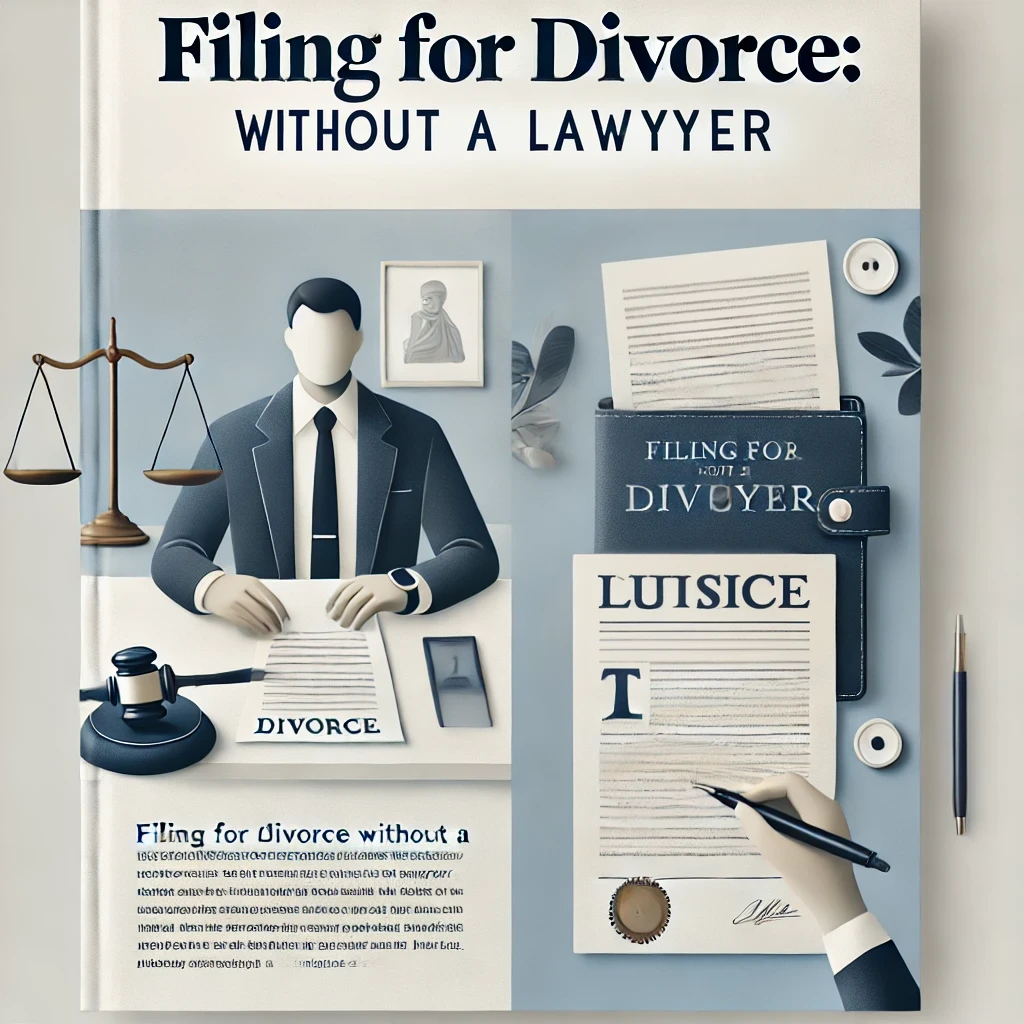
Comments